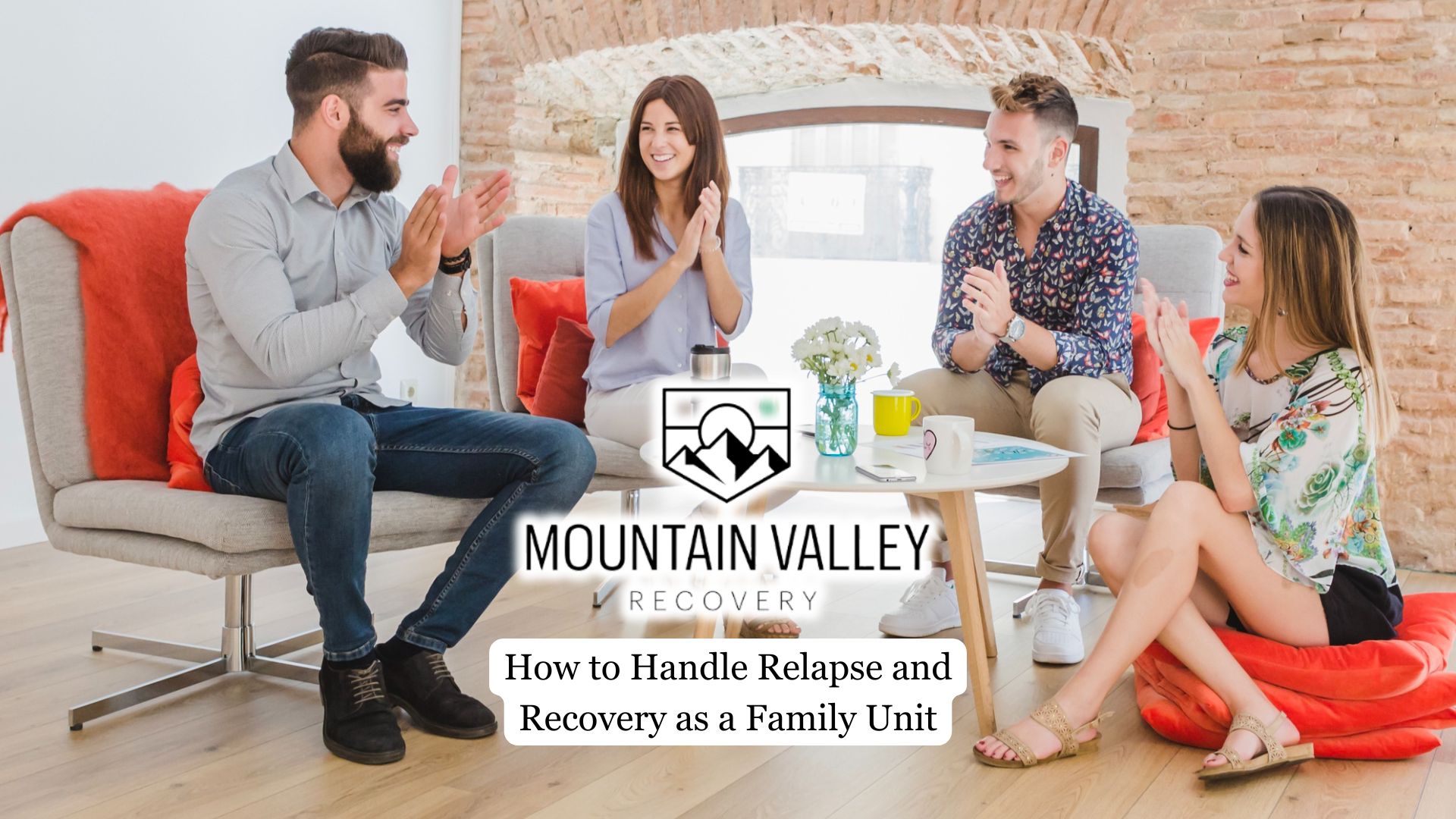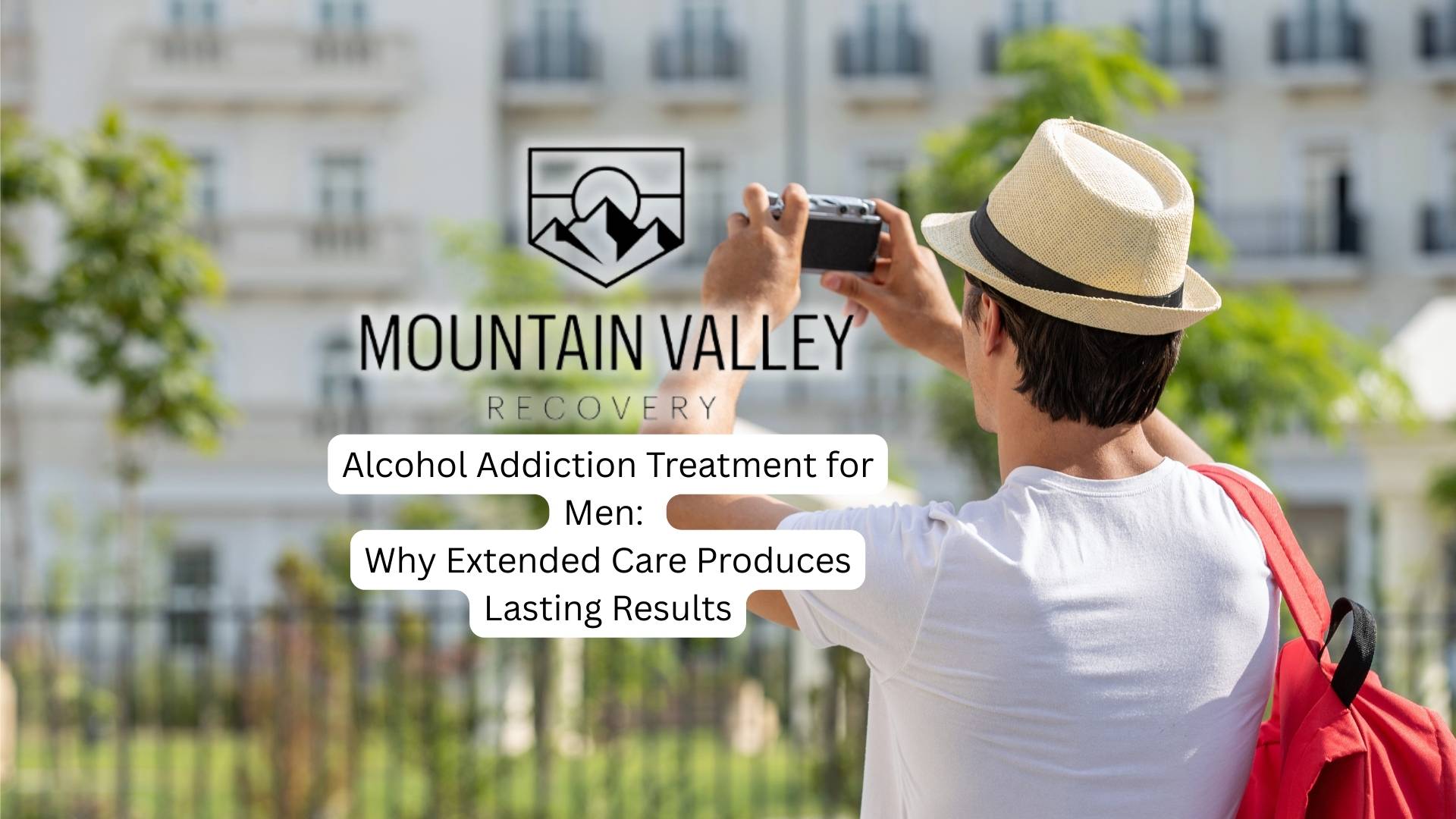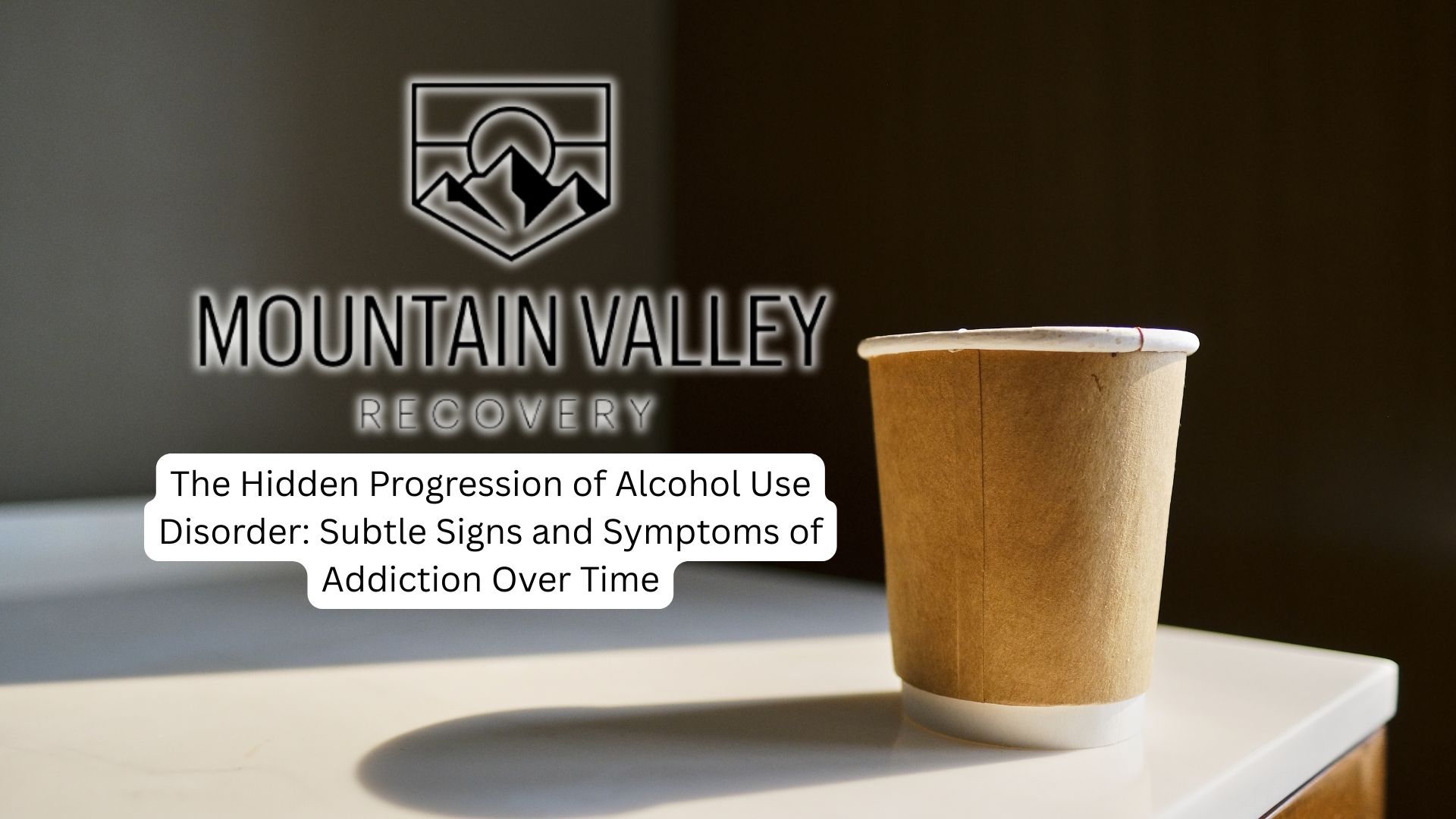When a family member struggles with addiction, the consequences reverberate throughout every facet of family life, affecting daily routines and long-term relationships alike. The journey to recovery is seldom straightforward, and the potential for relapse is a reality that many families must face.
In this article, we will delve into how families can navigate the intricate landscape of relapse and recovery together.
Preparing for Potential Relapse
As a family, it’s essential to understand that relapse is a common part of the process, with statistics showing that 40-60% of individuals may experience it.
By acknowledging this reality, you can proactively develop a relapse prevention plan and establish a strong support system.
Recognizing the stages of relapse—emotional, mental, and physical—is crucial. Pay attention to signs of emotional relapse, such as isolation or neglecting self-care, and foster open communication within the family to address these concerns early on.
Work together to identify and minimize triggers, such as high-stress events or significant dates, by creating coping strategies and maintaining a structured daily routine.
You should always be prepared for seeking professional help and even supporting enrollment in addiction rehab.
Fostering Open Communication
Start by fostering a non-judgmental atmosphere where everyone feels safe expressing their thoughts and feelings.
Encourage family members to share their experiences and actively listen to one another, using “I” statements to convey emotions without blame. Regularly check in with each other about your wellbeing, providing opportunities to discuss struggles and needs openly.
Establish healthy boundaries that respect privacy while still promoting trust and understanding.
Create dedicated times for family discussions, ensuring all voices are heard. Emphasize the importance of honesty, even when it’s difficult, to address challenges and triggers constructively. Validate each other’s feelings and maintain a united front in the face of adversity.
Family Therapy and Support Groups
Family therapy sessions educate your loved ones about substance use disorder, helping them grasp the challenges you face and develop empathy. By addressing dysfunctional dynamics and improving communication, you can create a more supportive home environment that promotes recovery.
Participating in support groups like Al-Anon and Nar-Anon connects you with others who share similar experiences, reducing feelings of isolation. These groups equip you with valuable coping skills to maintain your own mental health while supporting your loved one’s recovery.
Embracing family therapy and support groups empowers you to play an active role in your loved one’s recovery. By working together to navigate the challenges of substance use disorder, you can cultivate a sense of unity and resilience within your family.

Developing Coping Strategies
Recognizing the stages of relapse—emotional, mental, and physical—allows you to address unhealthy patterns before substance use occurs.
Engaging in mindfulness and stress-reduction techniques, like meditation or yoga, can significantly decrease cravings and improve emotional regulation for both the individual in recovery and their family members.
Creating a structured daily or weekly schedule helps maintain stability and reduces stress, which is critical in preventing relapse triggers within the family environment.
Open communication about feelings and concerns, using “I” statements to express emotions without placing blame, fosters a supportive atmosphere for discussing recovery challenges and coping strategies.
Setting Healthy Boundaries
It’s crucial to differentiate between support and enabling, as supporting your loved one means encouraging their recovery efforts without taking on their addiction-related responsibilities.
Establish healthy boundaries by refusing to provide financial support during active addiction, which can help protect both the individual and the family unit.
Recognize your personal triggers and set limits on interactions with those who pressure substance use to maintain a recovery-conducive environment.
Effective communication about boundaries involves being clear and assertive without judgment, fostering respect and understanding within family dynamics.
Maintain your own boundaries and self-care practices to prevent caregiver strain, allowing you to better support your loved one’s recovery journey.
Setting healthy boundaries creates a non-judgmental space where feelings and concerns can be expressed without stigma, reinforcing hope and resilience throughout the recovery process.
Maintaining Family Unity
When navigating the challenges of relapse and recovery, maintaining family unity is crucial for providing a supportive environment that fosters healing and growth. Consider engaging in family therapy to strengthen relationships and educate everyone about substance use disorder, nurturing empathy and support.
Setting healthy boundaries is essential to avoid enabling while still offering love and encouragement, which can help preserve family cohesion during recovery challenges.
Remember that family support has been shown to increase recovery success rates, with individuals having supportive families exhibiting higher sobriety rates and better overall mental health.
Acknowledge and validate each family member’s emotions surrounding relapse to create an atmosphere of trust and safety, reinforcing unity and collective resilience in the recovery process.
Final Thoughts from Mountain Valley Recovery
Navigating relapse and recovery as a family unit requires patience, understanding, and a commitment to supporting one another through the ups and downs of the journey. For men seeking specialized care, Mountain Valley Recovery offers an inpatient rehab program designed to address the unique challenges faced by men in recovery. Our comprehensive approach combines evidence-based therapies with a supportive community, helping individuals build a strong foundation for lasting sobriety.





